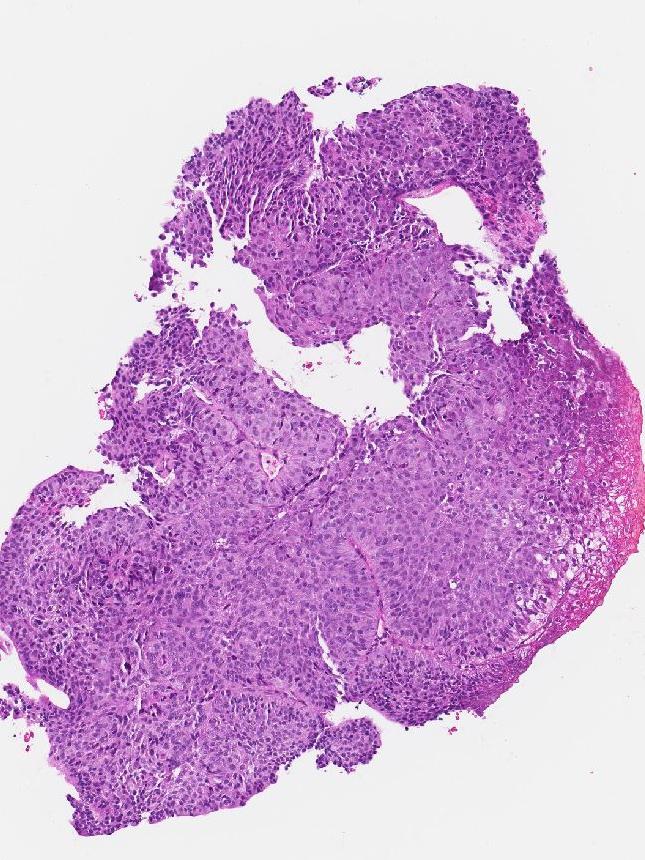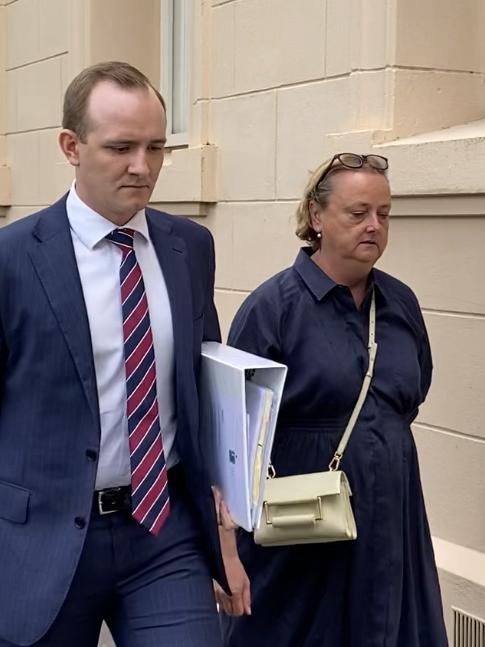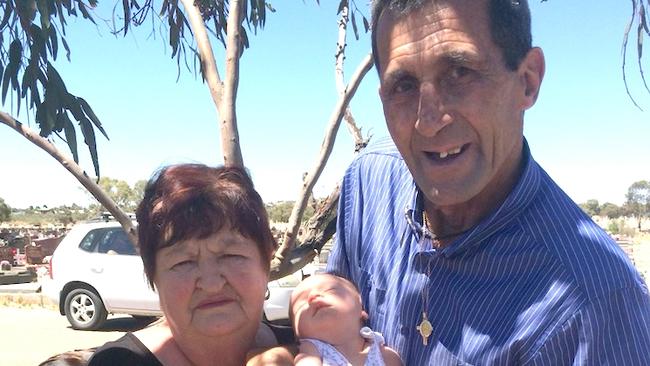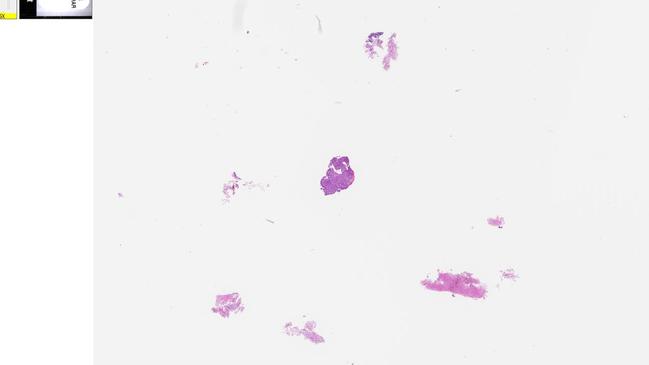Cancer misdiagnosis inquest: SA Pathology employee concedes she could have written fateful report differently
A microscopic piece of flesh from another person’s body was a key factor in the misdiagnosis of a cancer-free man, who tragically passed away after an unnecessary surgery.
City
Don't miss out on the headlines from City. Followed categories will be added to My News.
The pathologist whose diagnostic report played a role in an otherwise cancer-free man having part of his lung erroneously removed has conceded her conclusion could have been clearer.
The heartbreaking admission came as the inquest into the death of 67-year-old Broken Hill man Dennis Charles Jackson continued on Friday.
Mr Jackson died in 2019, after a misdiagnosis of lung cancer and surgery later led to him suffering hospital-acquired pneumonia.
He died after spending several months in hospital – including 63 days in ICU – in January 2019.
Delivering highly-technical evidence during the inquest, Mr Smith’s reporting pathologist Dr Caroline Lindsay Smith spoke regularly about hindsight and retrospect.


In a sworn affidavit, Dr Smith offered an alternate wording of her fateful report back in 2018 in which her conclusion would have become more explicit.
“There was a fragment of carcinoma without surrounding tissues such that a distinction between invasive and in situ disease cannot be made,” the revised report would have read.
Instead, the conclusion produced in 2018 did not use the words “in situ”, which the court previously heard if it had it could have resulted in a vastly different outcome.
Dr Smith’s alternate report would have also seen wording about the biopsy of Mr Jackson’s lung changed to reflect ambiguities in a sample she had viewed.

That wording – to use “fragment” instead of “free-floating” – had previously come under scrutiny during the inquest.
The use of it in reports had resulted in the hospital at which Mr Jackson was treated at, the Royal Adelaide Hospital, opting to perform further investigations if it was used.
On Wednesday, Dr Smith’s 2018 report was subject to expert evidence which concluded it could have been written more clearly, and Dr Smith on Friday conceded that herself.
She said there was “risk” in the way the report was written, which asked readers of it to “refer to the body” in which she wrote “(cancerous) invasion was not proved”.
Dr Smith’s report, however, was complicated by a tiny 1.2mm piece of tissue on a microscopic slide that should not have been there.

The piece of tissue, a contaminant from somebody else’s body, present through no fault of Dr Smith, had made its way into a biopsy sample taken from Mr Jackson’s lung during investigations into whether or not he had cancer.
With Mr Jackson’s specimen alone on the slide, Dr Smith said, she would have concluded further testing may have needed to be undertaken.
The presence of the minute cancerous tissue made the need for those explorations less definitive.
“(The conclusion) would have said, ‘the slide shows (dead) tissue only … the nature of the legion has not been determined,” she said.
The inquest before Mr Hill continues.




